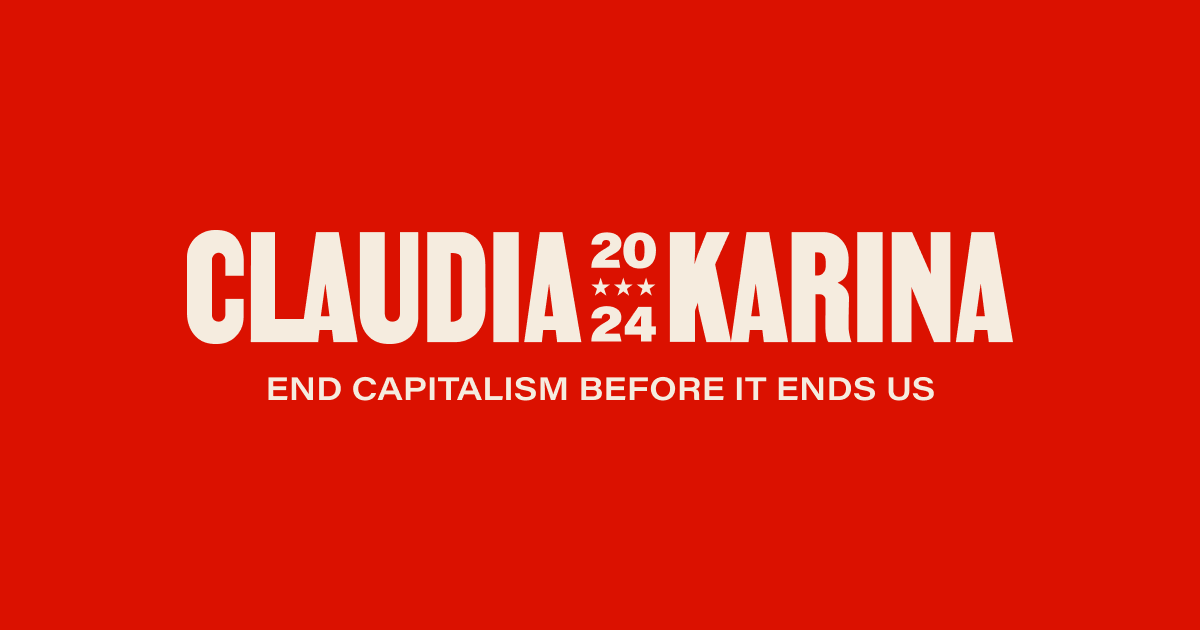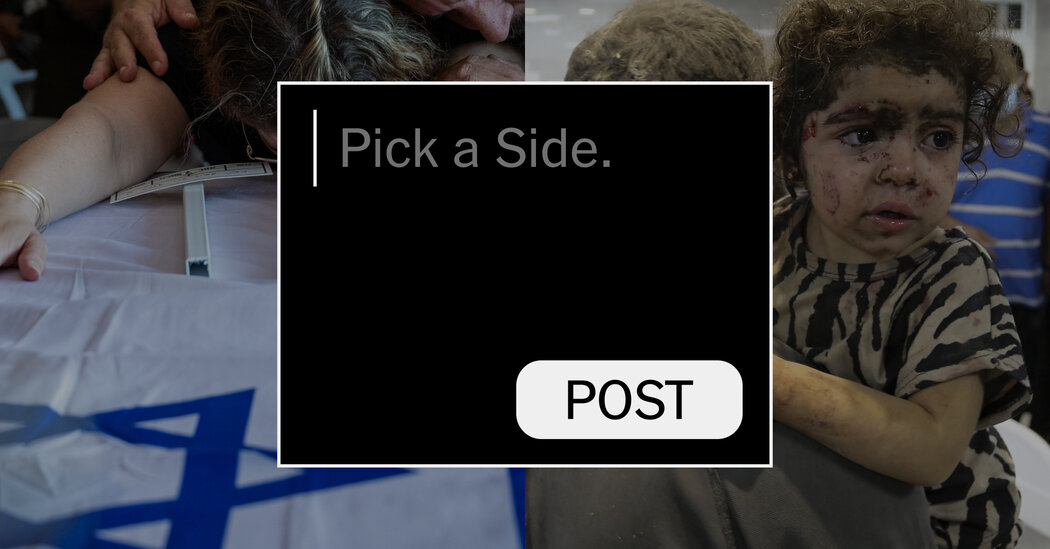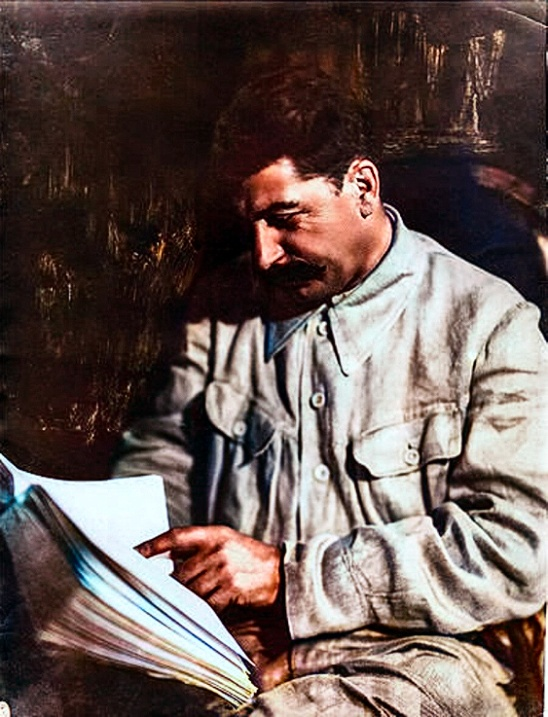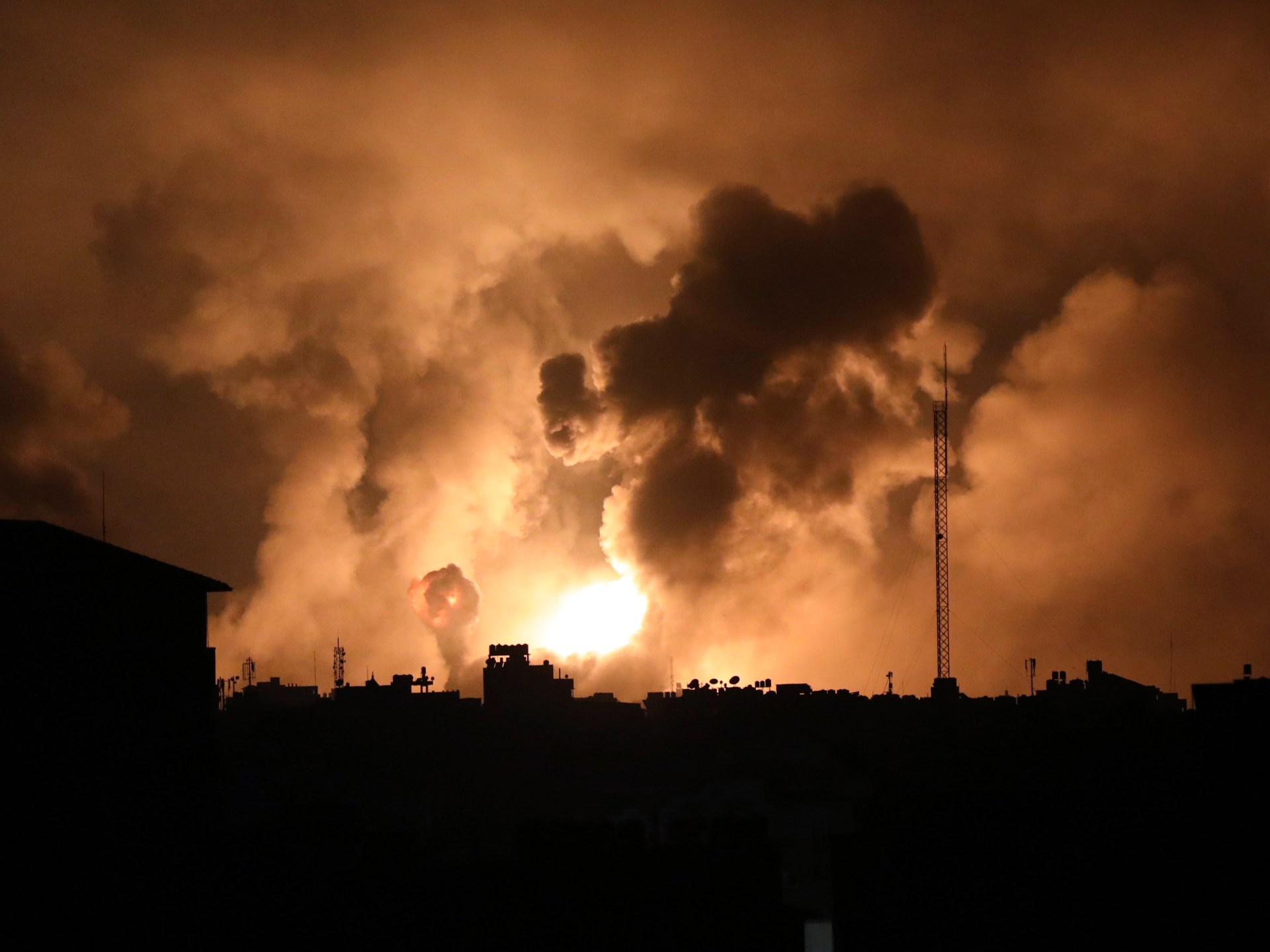robinn_IV [he/him]
Adam Smith gulped, David Ricardo started to sweat, Milton Friedman’s bottom lip quivered, and Karl Marx sat attentively…
“Yes Robinn,” they all said in unison.
- 10 Posts
- 305 Comments
 2·2 months ago
2·2 months agoErm wait I have a link for this

https://www.washingtonpost.com/politics/2022/09/12/democrats-interfere-republican-primaries/
 2·2 months ago
2·2 months agoThe DNC specifically tried to elevate Trump so they could shift the Republican Party right instead of moving themselves left, the propping up of the GOP as a “greater evil” by the DNC to prevent genuine leftward opposition not just shown in this case, but by the disparity between the level of terror directed against the GOP as opposed to left wing groups not just as abroad but also at home, where supposedly Trump is a fascist who cannot be allowed to gain power or else Democracy^TM will end, and yet absolutely nothing is done.

 3·2 months ago
3·2 months agoGraphic design is my passion. I’d say it’s maybe 50/50 or 60/40 for content. At least half nonsense.

 4·2 months ago
4·2 months agoHe was right about 1984, it’s defeatist nonsense.

 9·2 months ago
9·2 months agoI want to know what the pamphlets say.
 25·2 months ago
25·2 months agoNo need, the DNC will pay them off to make sure Trump’s free to run against Biden.
 4·2 months ago
4·2 months agoIt was unclear what motivated his action, but he threw leaflets espousing anti-government conspiracy theories into the air before the incident.
What anti-govt. conspiracy theories?

 234·2 months ago
234·2 months ago5,000 years of conflict over those fucking sand dunes.
You are not the Kwisatz Haderach and you have no clue what you’re talking about. The United States created ISIS as a proxy force against Syria, they destroyed social and economic reform in Afghanistan by funding and training the Mujahideen (leading to the creation of the Taliban and Al Qaeda) so they could lure the USSR into “invading” the country (and also went back to bomb them for a couple of decades, preventing any new development), they (along with the British) staged a coup against the PM Mosaddegh in Iran and propped up a backward monarchy leading to the reactionary rule today, and the colonial British created Israel as a European Jewish settler-colony directly leading to the mass slaughter of Palestinians and later the occupation of Syria and conflict with Iran, Israel of course now being propped up and supplied weapons by the US as a point of influence in the Middle East. This can all be boiled down to Western imperialism.
Conflict in the Middle East is not just children “killing each other all the goddamn time” for no reason who need to be taught rationality and brought to civilization by a redditor in a sheep’s clothing. You need to straighten out why the fuck your liquified brain is covered in maggots and instead of seeing a doctor you’re using your last moments of semi-sapience to mash your head against the keyboard and act like you’ve said something profound.
 31·2 months ago
31·2 months agoThe US is already at war with Iran, attempting to starve the people of Iran with sanctions and engaging in proxy wars against the IRR, including with funding to Israel. Israel does not have the power to direct the US to attack Iran.

 10·2 months ago
10·2 months agobut Iran isn’t the anti-US champion I’m backing. The enemy of my enemy isn’t a friend I have principals and they don’t involve theocracies.
“The unquestionably revolutionary character of the vast majority of national movements is as relative and peculiar as is the possible revolutionary character of certain particular national movements. The revolutionary character of a national movement under the conditions of imperialist oppression does not necessarily presuppose the existence of proletarian elements in the movement, the existence of a revolutionary or a republican programme of the movement, the existence of a democratic basis of the movement. The struggle that the Emir of Afghanistan is waging for the independence of Afghanistan is objectively a revolutionary struggle, despite the monarchist views of the Emir and his associates, for it weakens, disintegrates and undermines imperialism; whereas the struggle waged by such ‘desperate’ democrats and ‘Socialists,’ ‘revolutionaries’ and republicans as, for example, Kerensky and Tsereteli, Renaudel and Scheidemann, Chernov and Dan, Henderson and Clynes, during the imperialist war was a reactionary struggle, for its results was the embellishment, the strengthening, the victory, of imperialism. For the same reasons, the struggle that the Egyptians merchants and bourgeois intellectuals are waging for the independence of Egypt is objectively a revolutionary struggle, despite the bourgeois origin and bourgeois title of the leaders of Egyptian national movement, despite the fact that they are opposed to socialism; whereas the struggle that the British ‘Labour’ Government is waging to preserve Egypt’s dependent position is for the same reason a reactionary struggle, despite the proletarian origin and the proletarian title of the members of the government, despite the fact that they are ‘for’ socialism. There is no need to mention the national movement in other, larger, colonial and dependent countries, such as India and China, every step of which along the road to liberation, even if it runs counter to the demands of formal democracy, is a steam-hammer blow at imperialism, i.e., is undoubtedly a revolutionary step.” — The Foundations of Leninism

 5·2 months ago
5·2 months agoDeath to America
 4·2 months ago
4·2 months agoRemember them chanting “hang Mike Pence”? And up until the end, he was on their side.
I’m on their side too. It’s a shame they couldn’t put Pence out of his misery for the good of humanity.

 17·2 months ago
17·2 months agoIf both resolutions were essentially the same, why did the US propose one and then abstain from the other? The intricate wording of these resolutions is actually extremely important, with deliberate choices made down to the letter. For example, the US resolution stated the “imperative of” but did not “demand” an immediate ceasefire; it’s like a fucking land acknowledgement with how pathetic it is. The only reason the US proposed their resolution was as a last-ditch effort to dilute the demands of the international community as a ceasefire resolution became inevitable.
Regarding their vote, China’s Ambassador Zhang Jun stated that the US resolution set up preconditions for a ceasefire (“supports ongoing diplomatic efforts to secure a ceasefire” “in connection with” the release of all remaining hostages), making it unacceptable, whereas the new resolution “demands an immediate ceasefire” “and also” “demands the immediate […] release of all hostages,” and so makes these matters independent demands without preconditions.
Wrt to the invasion of Rafah, the US proposed resolution specifically notes the inevitability of “ongoing and future operations,” noting only the importance of “measures to reduce civilian harm” thereof—this is the “effective green light” Russian Ambassador Vassily Nebenzia was referring to, and further:
One of the earlier iterations of the draft resolution currently in blue said that the Council determined that “under current circumstances a major ground offensive into Rafah would result in further harm to civilians and their further displacement including potentially into neighbouring countries” and underscored that “such a major ground offensive should not proceed under current circumstances”.
This language was apparently challenged by a majority of Council members out of concern that it could be interpreted as the Security Council indirectly approving an offensive in Rafah under some circumstances. In an apparent attempt to address these concerns, in the third revised draft the US moved the language on the offensive from the operative section of the resolution to its preamble and removed text saying that an offensive “should not proceed under the current circumstances”, leaving text saying that “under current circumstances” an offensive would result in further harm and displacement of civilians. It seems, however, that many members were still uncomfortable with the reference to “under current circumstances.”
 3·3 months ago
3·3 months agoPlease, show me the dishonest paraphrasing.
 3·3 months ago
3·3 months agoGet your fingers out of your ears. You are fundamentally unserious.















It was a joke based on the proven facts that the DNC deliberately elevated Trump and has spent millions financing far-right Republican candidates as propped-up opposition? I’m not saying 9/11 was an inside job or anything.
How exactly are either of these people better than Trump?